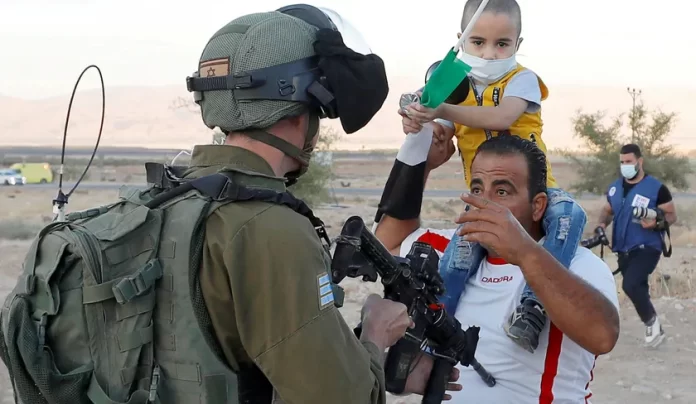Highlighting the dire humanitarian situation, the rights group said the Israeli government allowed a steady and slightly increased stream of humanitarian aid, including cooking gas for the first time since 7 October, to enter the Gaza Strip during the seven-day ceasefire that ended on 1 December, it deliberately hindered the entry of relief supplies at the scale needed for over a month prior, while it imposed a siege affecting the entire civilian population.
“This contributed to a catastrophic humanitarian situation of far-reaching consequences with over 80 per cent of the population internally displaced, many of whom have been sheltering in overcrowded, unhealthy and unsanitary conditions at UN shelters in the south,” it explained. The aid that entered during the ceasefire “barely registers against the huge needs of 1.7 million displaced people,” said UN spokesperson Stephane Dujarric.
There was no immediate response to the HRW report from Israel.
According to the WFP, there is a serious risk of starvation and famine in Gaza. UN officials have said that 1.9 million people, over 85 per cent of Gaza’s population of 2.3 million, are internally displaced, adding that the conditions in an ever-shrinking southern area of the Gaza strip could become “even more hellish.”
In addition, Israel’s continuing blockade of Gaza, as well as its more than 16-year closure, “amounts to collective punishment of the civilian population, a war crime,” HRW said in today’s report. “As the occupying power in Gaza under the Fourth Geneva Convention, Israel has the duty to ensure that the civilian population gets food and medical supplies.”
Watch more videos below:













